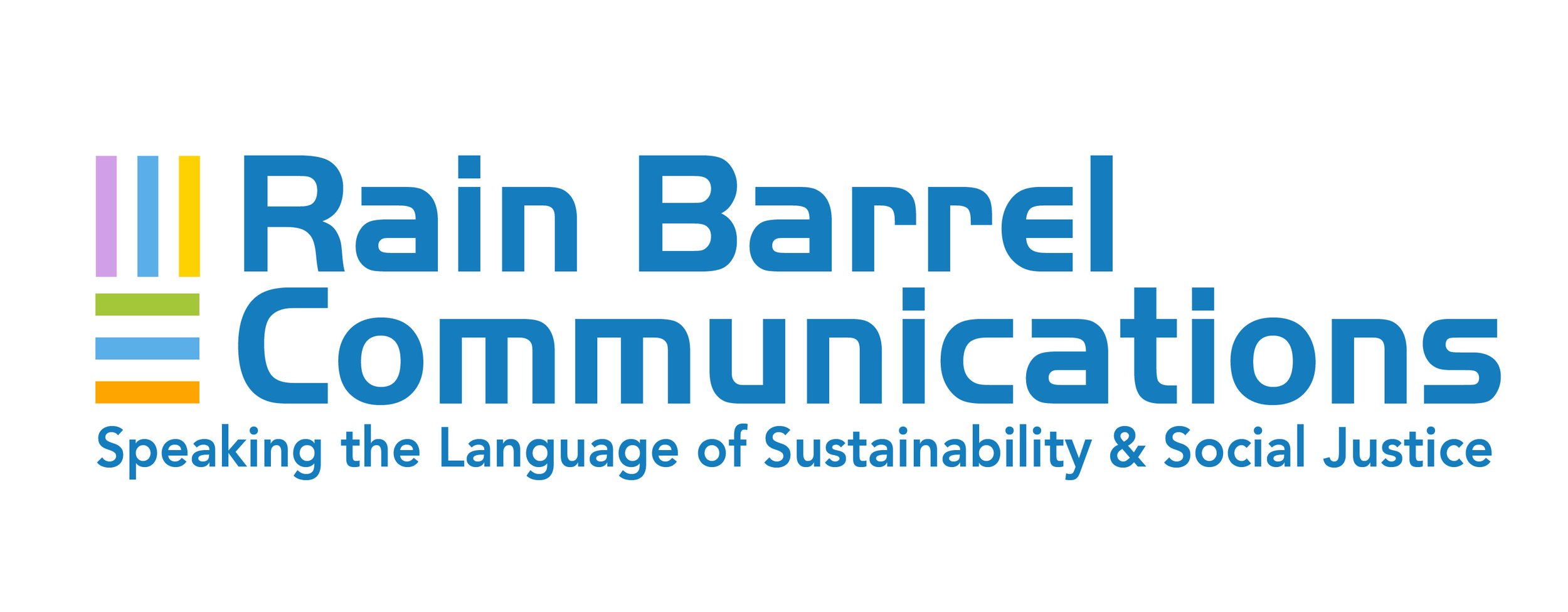Let’s Talk Periods
By Carmen Cronin, MPH
What better way to spend a Sunday afternoon than with adolescent girls talking about periods? I spent the afternoon with 50 adolescent girls who live in several youth homes around Kampala. As a group, we chatted about the words and phrases used to talk about menstruation, the beliefs and attitudes surrounding it, what it’s like to deal with your period, and how it impacts the girls’ day-to-day activities.
We started by setting some ground rules such as treating everyone with respect and not laughing at others’ comments or questions. Then, we kicked off the discussion with a free-listing activity where the girls wrote down words and expressions they use to talk about menstruation.
Here is the list we generated:
Free-listing exercise.
Photo credit: Carmen Cronin
Menstruation Period (MPs)
Mama Peter
Mama Paul
Member of Parliament
Ps
The hand you put behind
Making a map (leaking/staining)
Knocking the feet
The moon has started
The month of flooding
Ekibada (Lugandan word)
While none of the words or expressions generated were characterized as inherently negative, the many phrases they came up with does suggest an attempt to keep menstruation under wraps and out of public discourse. On one hand, this coded language can serve to affirm and reinforce negative beliefs that menstruation is — and by extension menstruating girls are – unclean and disgusting. On the other hand, these words can be powerful tools, which girls wield to subvert socio-cultural conventions labeling menstruation as a taboo topic.
Next, we discussed some of the prevailing beliefs about menstruation. Some of the most interesting ones were that menstruating girls:
Shouldn’t tell anyone they are on their period
Shouldn’t move about
Should bathe 3 times a day
Shouldn’t eat groundnuts or unboiled cassava (can lead to infertility)
Can’t climb trees
Can’t go in the garden (plants, especially pumpkins, will die)
Can’t go to the mosque
Positive and negative menstruation beliefs
Photo credit: Lindsey Platt
From this abbreviated list, we see that the majority of these beliefs restrict girls’ movements, diets, and actions. The strict hygiene routine seeks to purify the perceived unclean body whereas the beliefs mandating secrecy about one’s menstrual status and limiting girl’s mobility are attempts to contain the ‘impurity’ so that living beings (people and plants) or food do not become tainted. At first glance, some of these beliefs may appear to be highly restrictive, undermining global efforts to promote gender equity. However, it is important to understand how Ugandan girls and women perceive these beliefs, as there may be benefits to practicing some of these that outsiders fail to see. Of course, beliefs that are harmful or contradict medical recommendations (such as bathing 3 times a day) should be replaced with positive ones.
After the discussion of beliefs, I had the girls do an activity to gain insight into how a ‘period day’ is the same as or different from a ‘normal day’. More specifically we explored if and how being on one’s period affects one’s self-worth, school attendance and participation, family life, peer interactions, daily routine, and community life. ‘Peer interactions’ was the only aspect of life that remained unchanged regardless of a girl’s menstrual status. This had to do with the fact that most of the girls were close friends with other girls.
Period Day vs. Normal Day exercise
Photo credit: Lindsey Platt
As for the other aspects, girls stated that they felt more shy during their period, worried about stains and leaks, felt uncomfortable (cramps, headaches, pains), and isolated themselves from others. At school, girls mentioned missing whole or partial days of school (mostly from period pain and discomfort) and participating less due to fatigue. Some girls mentioned restrictions that were imposed at home such as sleeping in a separate room, not speaking with elders, and not being allowed in the sitting room. Girls stated that during their period they didn’t have to do heavy chores, but did have to bathe three times a day. In terms of community life, the girls only mentioned not going to the mosque and not fasting when on their period.
This activity illustrates that periods impact girls’ lives in a number of ways. If menstruation is to become “no big deal” for girls and women, then programs and initiatives need to embrace a holistic approach that frames menstruation as a cross-cutting issue with implications for health, education, WASH, gender, the environment, child protection, nutrition, human rights, and inclusion.
We closed the discussion with a question and answer session in which I fielded many questions about…tampons! Next time I do a discussion/workshop like this, I’ll be sure to bring one so I can demonstrate how it works.
The community discussion was a wonderful opportunity for me to learn about the menstrual experiences of some of Uganda’s strongest and most resilient adolescent girls. Their openness and willingness to engage in the activities has been invaluable as I prepare to conduct formative research on menstruation with out-of-school adolescent girls in Eastern Uganda as part of my Fulbright Research Grant. Stay tuned for updates on that project.
Coming together as we end the day
Photo credit: Lindsey Platt





